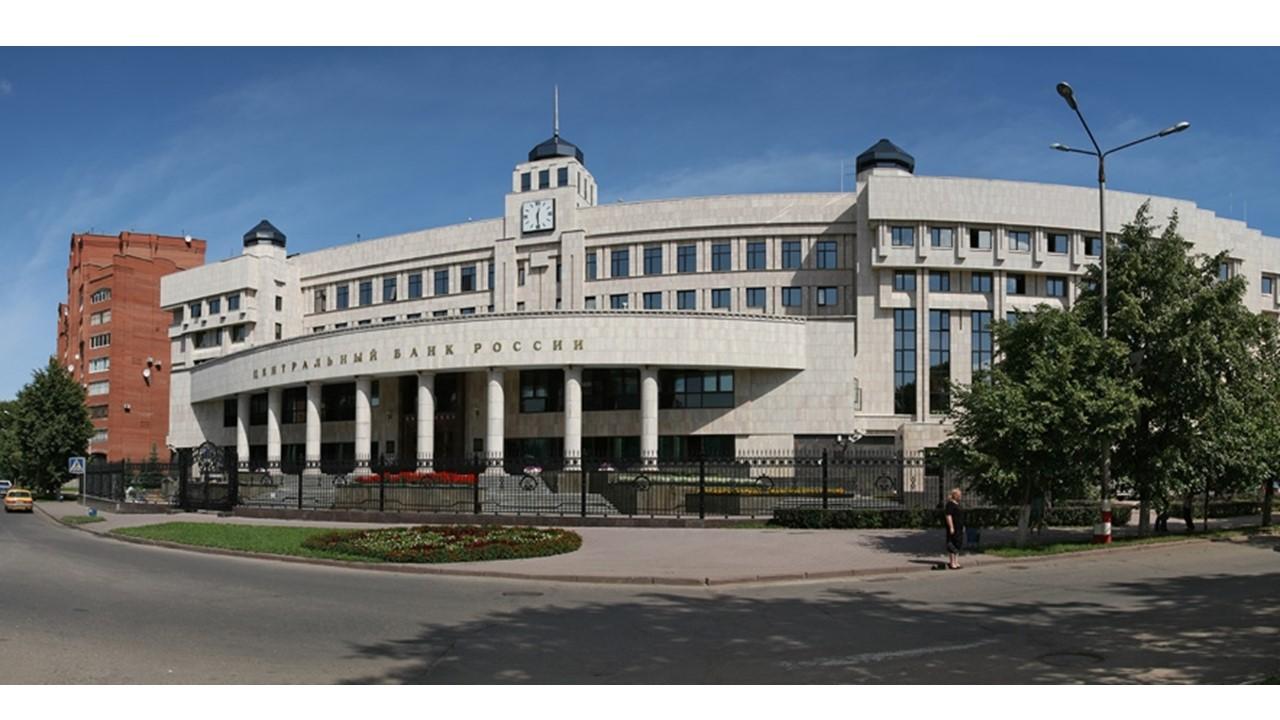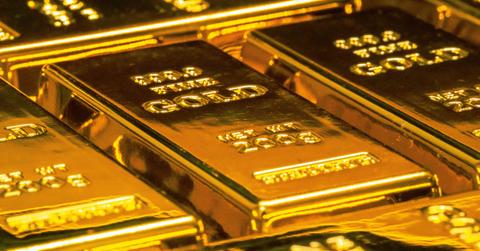Russian Central Bank Restarts Gold Buying Again at a Fixed Price
Russia has stopped and started gold buying a few times since it launched the war on Ukraine. Is the Russian Central Bank buying gold again?
April 4 2022, Published 12:17 p.m. ET
Western sanctions and looming debt deadlines have resulted in the Russian government moving funds around in unique ways. That’s why the Central Bank of Russia has been tweaking its gold-buying policies as the country continues its war on Ukraine.
On March 28, Russia restarted its gold buying at a fixed price. Since then, miners continue to look for new ways to sell their precious metal since sanctions have closed off many avenues.
Central Bank of Russia restarts gold buying at a fixed price.

Russian Central Bank
The Russian Central Bank halted gold buying on March 15 as a way to meet household demand. Russian households looked to gold as a way to protect their net worths and assets as banks and markets within the nation remain fickle. At the time, the central bank said, “Currently, households' demand for buying physical gold in bars has increased, driven, in particular, by the abolition of value-added tax on these operations.”
By March 28, Russia restarted buying gold at a fixed price of 5,000 rubles (or $52 USD) per gram. This price will remain fixed through June 30, according to the bank. Relaunching the gold-buying program on behalf of the central bank will help keep gold producers functioning and the gold supply stable. Russia priced the bars below the market value of about $68.
According to Gainesville Coins precious metals expert Everett Millman, “It leads me to believe that Russia's intention would be for the value of the ruble to be linked directly to the value of gold.”
Russia is a leading gold miner and producer.
Russia is a top gold-producing nation. The country is responsible for producing about 330 tons of gold annually worth about $20 billion, according to recent prices. That’s 9 percent of the global mining output.
The nation’s central bank also stores a lot of gold with a reserve reportedly teeming with 1,857 tons of gold. That reserve accounts for about a fifth of the central bank’s total holdings (or $130 billion in gold alone).
To an extent, Russian gold miners are at the government’s beck and call in terms of the value of their asses. Many want more options than solely relying on the Russian Central Bank.
Russian miners seek other ways to sell their gold.
Russian gold miners are looking for ways to get past sanctions and sell their gold for what it’s worth. That could mean making deals for direct exports with nations like China, India, and the Middle East.
Many Western sanction loopholes have already been closed, thanks in part to President Joe Biden’s executive order that followed the Stop Russian Gold Act proposal, which bans trading gold with Russia or using a non-American middleman to do so. The London Bullion Market Association (LBMA) also suspended six Russian precious metals refiners from accreditation on the world’s largest gold and silver marketplace, which effectively ceased Russian miners’ connection with most of the world.

